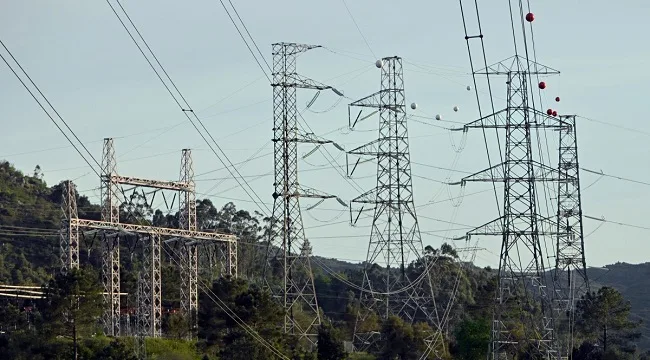Spain’s government said on Sunday that it will need “several more days” to determine the cause of the nationwide blackout that struck on April 28, disrupting power across Spain, parts of Portugal, and southwest France.
Speaking to El País, Environment Minister Sara Aagesen said that “all hypotheses” were being considered, including the possibility of a cyberattack.
Among the scenarios being examined is a potential disruption linked to solar panel installations in southeast Spain, which may have destabilized the national grid—a theory previously floated by Spain’s electricity operator, Red Eléctrica.
“We know that those installations stopped working in the system,” Aagesen said. However, she cautioned against drawing premature conclusions, stating that blaming solar panels would be “hasty” and calling it “irresponsible and simplistic” to point fingers at renewable energy sources without clear evidence.
The blackout caused significant disruption nationwide, cutting electricity, crippling mobile and internet networks, halting train services, and leaving hundreds trapped in elevators.
Experts have raised concerns that the outage may have stemmed from an imbalance in the grid’s supply and demand—potentially triggered by a sudden fluctuation in solar or wind energy input. However, Aagesen pushed back on the idea that renewables were to blame.
“Spain has had a high share of renewable energy for years,” she noted, adding that there have been previous days with even higher solar generation and lower demand without issue. “The system functioned very well then.”
She emphasized the strategic value of renewables, stating: “Renewable energy allows Spain to achieve a great deal of energy independence in a geopolitically vulnerable world.”
An official conclusion is still pending as investigations continue.
AFP


